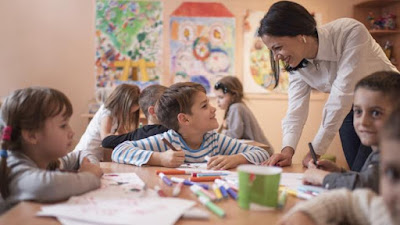In a letter issued to all the schools on December 6, officials have said that the list of students will be kept strictly confidential and "correct guidance" will be given to them.
While the government schools have said that they do not have any such children studying in the school, most of the private ones have not replied to the letter, leave alone submitting such a list.
Frowning at the order, schools have however said that demarcating a child as having a "criminal bent of mind" can have multiple repercussions and it was next to impossible to keep the names of such children as "confidential" and suggested that a common workshop be held for the purpose of counselling.
"We have replied asking the DIOS office, how they can define a child having a criminal intent. These are very sensitive cases. These letters come only in the wake of some incident like the Ryan Bhondsi case. However, such a counselling needs to be consistent. Rather than doing this with few students, there should be a common counselling workshop with the students. But are the authorities equipped to follow up on them?," Asha Prabhakar, Secretary, Unaided Recognised Public Schools Association (URPSA) told TOI.
Rima Dey, Principal, Savitribai Phule Inter College said that such an act is extremely difficult to keep confidential.
"Parents will object to it and question what crime the children have done that they are being demarcated as having criminal tendency. They will seek proof for the same. These things can spread like fire by word of mouth in residential institutions," she said.
Officials however said that their intent was to keep the activity totally among officers and not even at the clerk-level.
"Our motive is to provide such children with counselling or guidance by counsellors from NGOs," DIOS PK Upadhyay told TOI.











